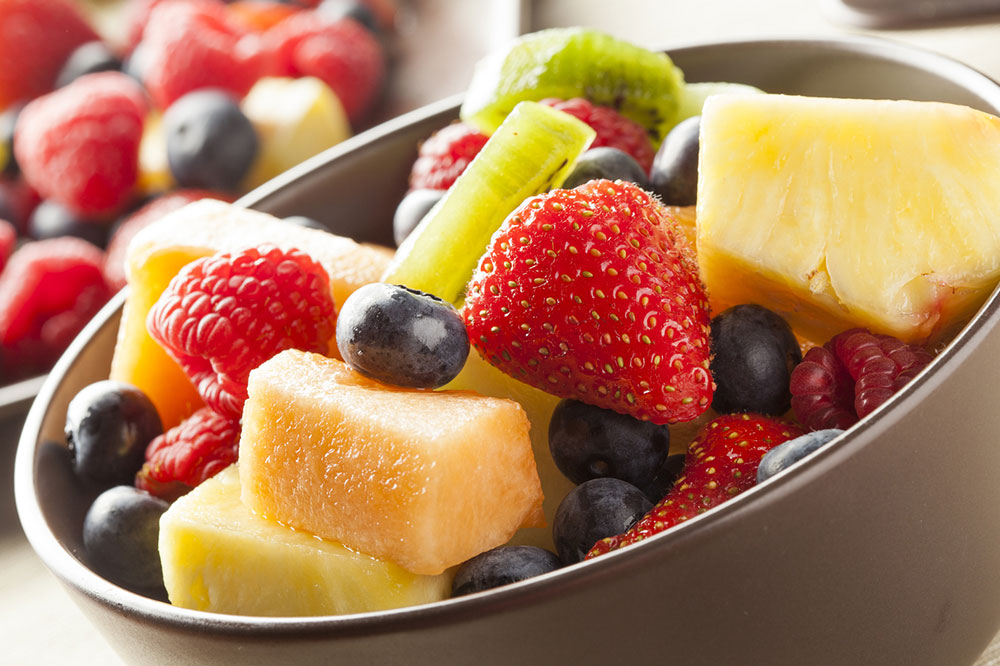
Foods to Eat to Help Manage Sleep Apnea
Loud and regular snoring can indicate that your breathing pauses when you sleep; this may be because of sleep apnea. Sleep apnea is nothing but a sleep disorder marked by repeated disturbances in breathing while a person is sleeping. These interruptions are termed apneas, and they happen because the soft tissue inside the airways collapse and stop the oxygen from entering the lungs.
Usually, sleep apnea develops in people who are significantly overweight. The fat that grows around the neck starts to create breathing issues, and this is why following dietary tips for sleep apnea may help. For instance, it becomes easier to fight sleep apnea when you can keep yourself away from processed foods, red meats, alcohol, sugar, etc., and stick to a plant-based diet.
1. Melatonin-rich foods
Foods that are rich in melatonin have been recommended for patients with sleep apnea problems. Melatonin is the hormone telling our bodies that it must sleep now. But melatonin levels tend to come down when you grow older, and this is why older adults are prescribed melatonin supplements. So, one of the vital dietary tips for sleep apnea is including fruits like grapes, pomegranates, and cherries, vegetables like tomatoes, olives, asparagus, broccoli, cucumber, and grains like oats, barley, and rice, and nuts and seeds like peanuts, walnuts, sunflower seeds, flaxseed, and mustard seeds in meals.
2. Tryptophan-rich foods
These can help control sleep apnea symptoms, as tryptophan is one of the amino acids in proteins that can be converted into serotonin, which produces melatonin. Tryptophan supplements have been seen to improve sleep quality; so you can add vegetables like broccoli, spinach, asparagus, seaweed, onions, fruits like apples, peaches, and bananas, dairy foods, legumes like kidney and lima beans, chickpeas, meats like seafood and chicken and nuts and seeds to your diet.
3. Calcium-rich foods
Foods that are rich in calcium content are prescribed for sleep apnea patients. As a mineral, calcium can help the body produce melatonin. This is why you must have more dairy foods, fruits, and vegetables, meats, and legumes in your meals.
4. Magnesium-rich foods
These are advised because magnesium mineral is used for biochemical reactions and can boost the immune system. It has also been necessary for proper sleep and works as a relaxant that deactivates adrenaline. Magnesium can be found in leafy green vegetables, fruits like bananas and avocado, soybeans, fish, nuts, and seeds.
5. Vitamin B-rich foods
Foods rich in vitamin B that help produce more energy are recommended for sleep apnea, as these play a crucial role in regulating sleep and mood. Studies have shown a link between vitamin B deficiency and poor quality sleep. So, be sure to eat more fruits, veggies, dairy foods, legumes, whole grains, nuts, and seeds.


